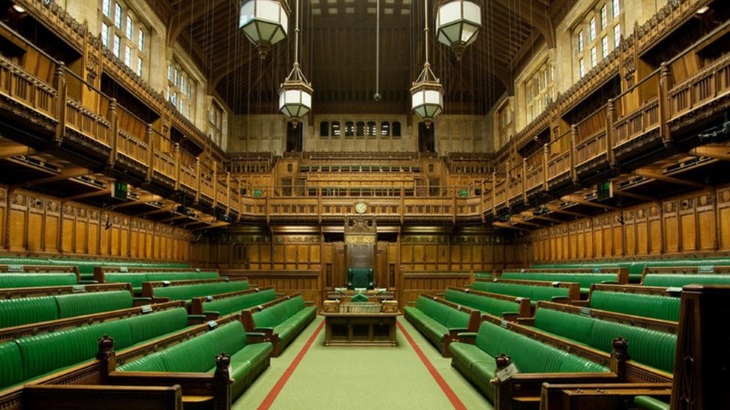The deal sets the framework for trade once the UK leaves the EU single market and customs union on 31 December. Under EU rules, the deal can take effect provisionally, though the European Parliament will vote on it in January. Outlined in a 1246-page document, the agreement ends nearly 50 years of UK membership of the EU.
Announcing the NCA with Euratom on 24 December, the Department for Business, Energy and Industrial Strategy (BEIS) noted that an NCA is a commonly used international treaty which gives a legal underpinning to civil nuclear cooperation, and that both Euratom and the UK already have such agreements with a number of other countries.
"The UK and Euratom are global leaders in supporting responsible practices in civil nuclear, particularly non-proliferation of nuclear weapons," BEIS said. "This UK-Euratom NCA sends a clear message to the wider international community, the nuclear sector, and the public that both parties are fully committed to cooperation on civil nuclear, including safeguards, safety and security. It provides a framework for trade in nuclear materials and technology, facilitates research and development, and enables exchange of information and expertise including on medical radioisotopes."
Articles 7 and 8 of the UK-EU joint declarations refer, respectively, to the specific terms and conditions of participation in the Euratom Programme, and in ITER and the development of fusion energy.
In Article 7, the parties to the agreement "recognise the mutual benefit in cooperation in areas of shared interest, such as science, research and innovation, nuclear research and space". To encourage future cooperation in these areas, it is their intention to establish a formal basis for future cooperation in the form of the participation of the UK in the corresponding EU programmes "under fair and appropriate conditions and, where appropriate, in the form of access to certain services provided under Union programmes".
Article 8 states that the UK shall participate as a member of the Joint Undertaking for ITER and the development of Fusion Energy (F4E) in accordance with the F4E Council Decision, and its statutes. Subject to the provisions of the Trade and Cooperation Agreement, UK entities may participate in all the activities of F4E under the same conditions as those applicable to Euratom legal entities. The agreement on the establishment of the ITER International Fusion Energy Organisation for the joint implementation of the ITER project shall apply to the territory of the UK.
The agreement also states that UK researchers will remain eligible for European research funding and that, in exchange for a contribution to the EU budget, the UK will join the forthcoming Horizon Europe research programme.
The 1957 Euratom Treaty governs the peaceful use of nuclear energy within the EU. The Euratom Community is a separate legal entity from the EU, but it is governed by the bloc's institutions. The UK announced its intention to leave Euratom in a bill the government published on 26 January 2017 authorising Brexit. Explanatory notes stated the bill empowered the prime minister to leave both the EU and Euratom.
Nuclear power plants generate almost 30% of the electricity produced in the EU - from 130 reactor units in operation in 14 EU countries. Each EU country decides alone whether to include nuclear power in its energy mix or not, but Euratom establishes a common market in nuclear goods, services, capital and people within the EU. The Euratom framework also includes NCAs with third party countries, including Canada, Japan and the USA. It facilitates UK participation in long-term research and development projects, and it also provides a framework for international nuclear safeguard compliance.
The UK voted in favour of Brexit in a national referendum held on 23 June 2016.















